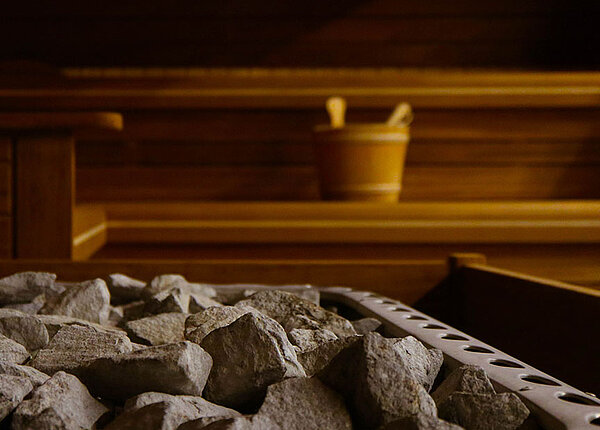English for PTA
HAY FEVER
Seite 1/1 3 Minuten
Of the two main types of allergic rhinitis, the most common is seasonal allergic rhinitis, affecting 10 – 25 per cent of the population in Western countries. A 2011 analysis has determined that patients with allergic rhinitis averaged three additional visits to their GP, and received nine more prescriptions in one year compared to other patients without rhinitis! In this article we deal specifically with the type of seasonal allergic rhinitis caused by early flowering plants and trees. In mild winters, the allergy season can start early. One of the best methods of dealing with this rhinitis is prevention. Most adults are aware of which plants and trees they are allergic to but still have problems with pollen.
Pharmacy customer: Hello.
PTA: Hello. How may I help you?
Do you have any OTC products for allergies?
Certainly! We have a whole range of products. Is it for yourself?
Yes. You see I’ve just heard on the radio that the pollen levels are rising every day because of this mild weather we’ve been having. I’m allergic to quite a few early flowering trees and plants and know that it’s only a matter of time before I have the usual torture!
It is a very good idea to take preventive measures.
Well, it has helped me most years. It’s just that time of year when ash, alder, birch, elm, hazel and plane all start to blossom.
Yes, you are right there. Of course the easiest thing would be to avoid the pollen that you are allergic to but that isn’t always possible.
If that were the case, I’d probably be on holiday permanently! You see I’m also allergic to grasses and they can start flowering as early as April. So what do you recommend?
We have this combination package, with nasal spray and eye drops.
Oh, I know them! We have them where I come from. Great!
If you know these two products, then you know about how often and how long you should take them. Have you considered an antihistamine?
Do you have anything with cetirizine?
Yes, but as you may know you should be careful when taking it.
Because of the drowsiness? I’m careful about that, I usually take one tablet before going to bed and that generally helps me.
That’s good. If your symptoms aren’t helped by the medication, you should consider consulting your GP.
I will. Oh! I almost forgot! Do you have a nasal irrigator? My one is quite old and they should be replaced regularly for reasons of hygiene.
We have this one here, it even has a few sachets of special salt included in the price.
So I just dissolve a sachet in lukewarm water and use it as usual. Right?
Yes, that’s correct.
Now, that is good! How much do I owe you?
That’s …
Could you change this 50 Euro note for me?I’m afraid I have nothing smaller.
No problem. Here’s your change. Would you like a small carrier bag for your things?
Yes please, that’s very kind of you.
And here are some freebies for you to try out at home.
Thank you. Goodbye.
Goodbye.
VOCABULARY
most common am häufigsten
determined festgestellt
early flowering plants and trees Frühblüher
rising steigend
scaling Schuppung
quite a few einige
ash Esche
alder Erle
birch Birke
elm Ulme
plane Platane
avoid vermeiden
rebound Rückschlag
nasal irrigator Nasendusche
sachets Tütchen
dissolve lösen (in Flüssigkeit)
lukewarm lauwarm
carrier bag Tragetasche
freebies Werbegeschenke
Den Artikel finden Sie auch in Die PTA IN DER APOTHEKE 02/12 auf Seite 78.
Catherine Croghan, Lecturer in English and native speaker












